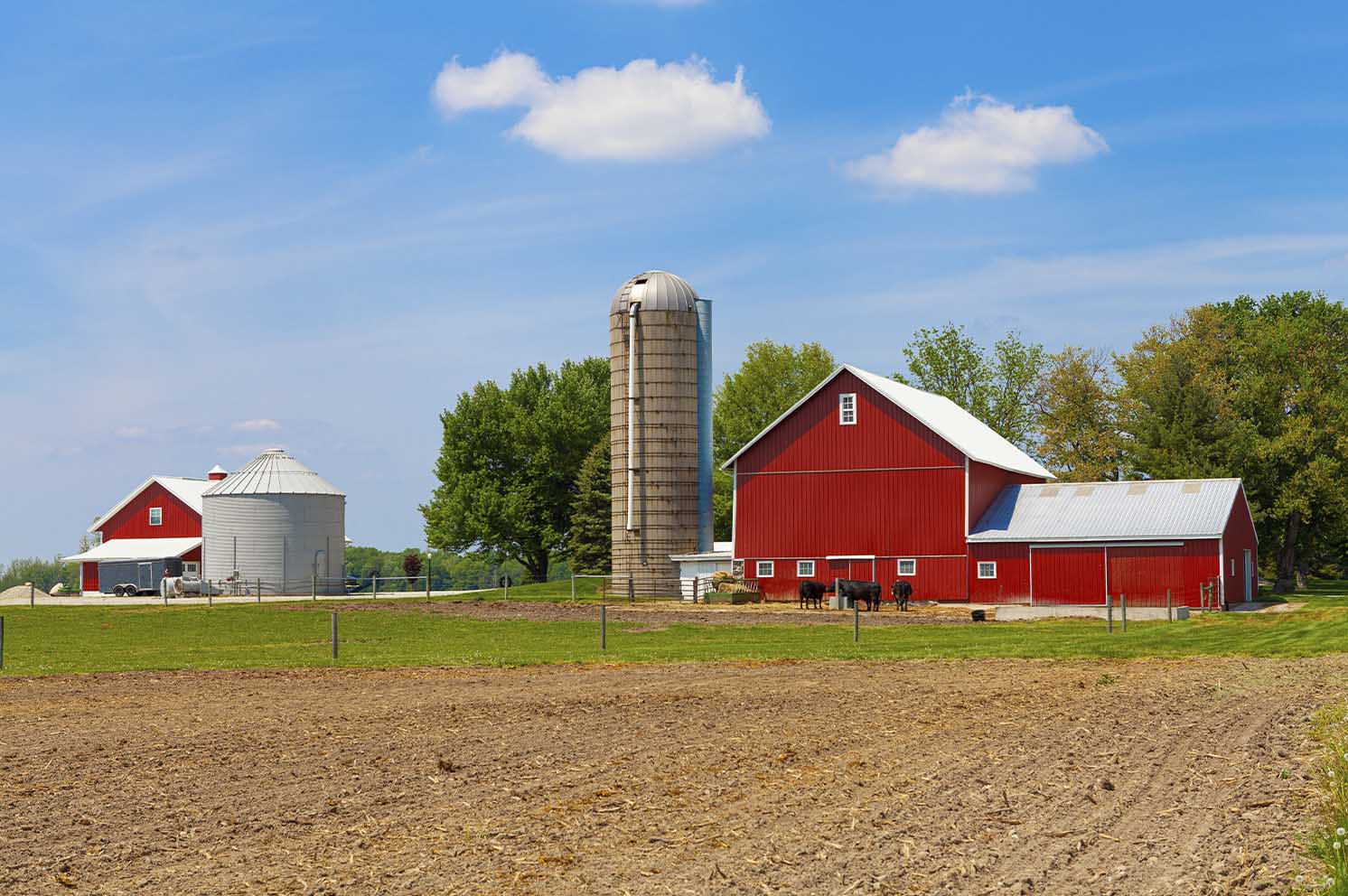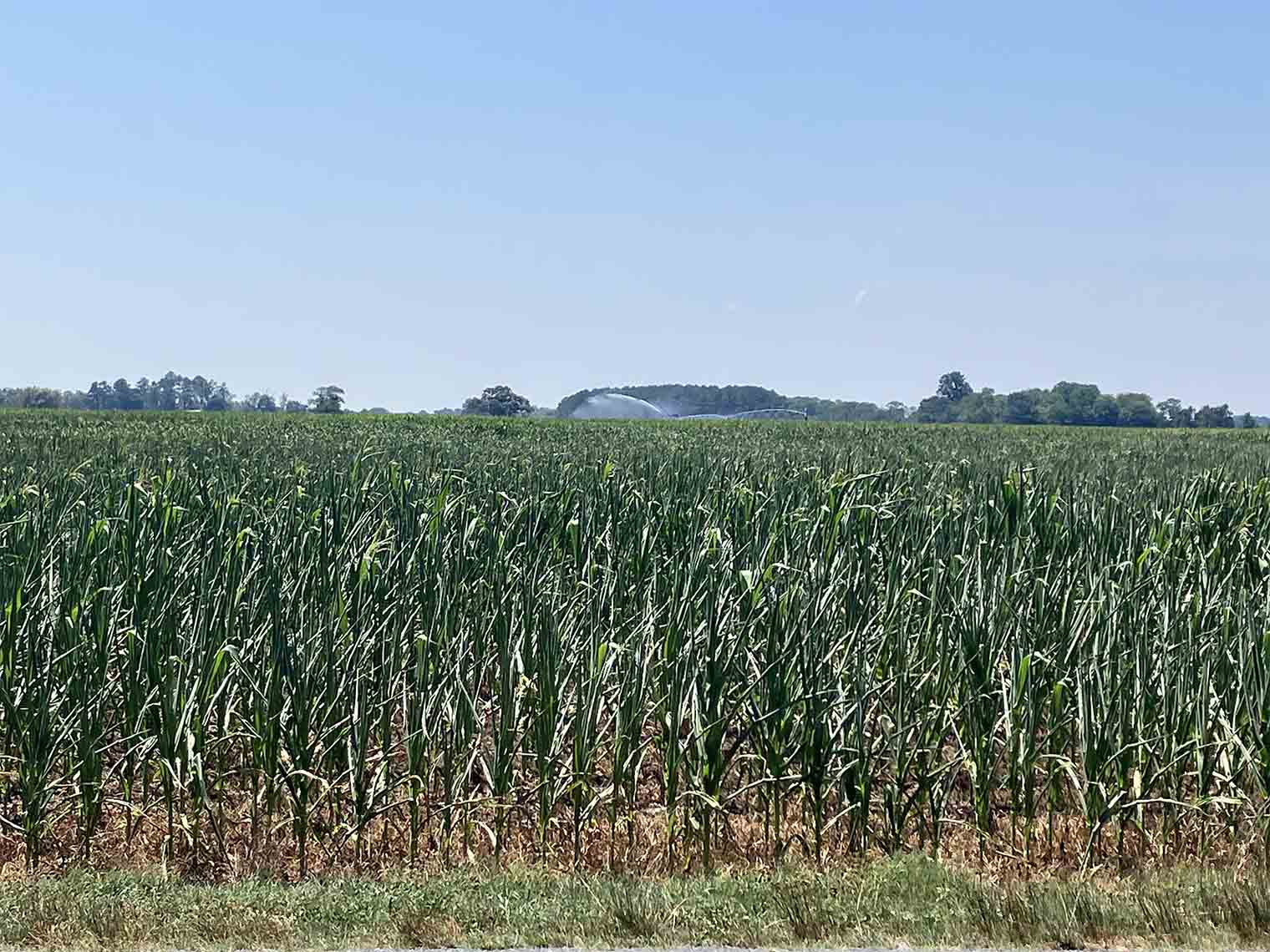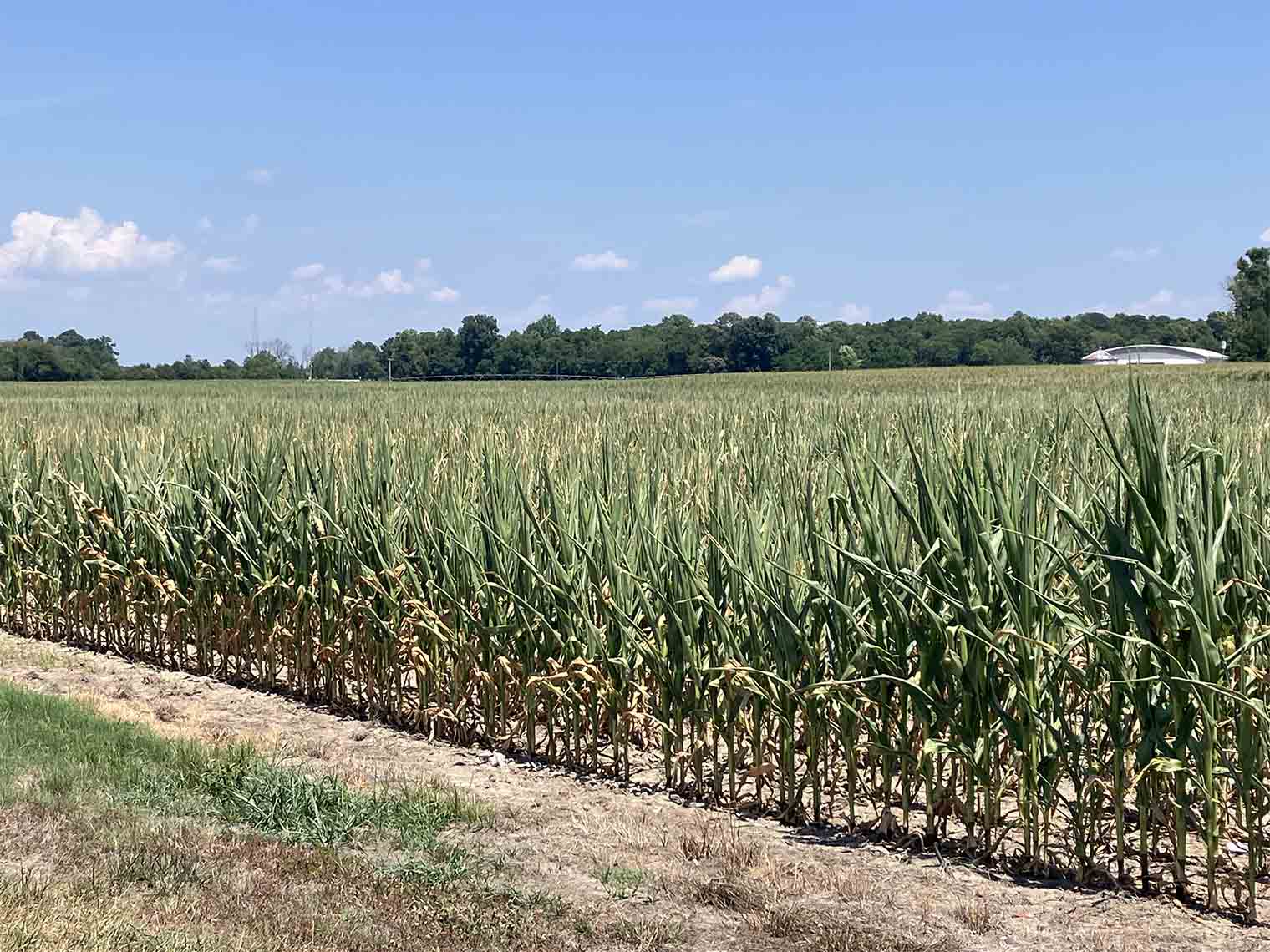
Crop Insurance is actually a government program administered by insurance companies. As such all
companies offer the same type policies at the same rates. In order to set our agency apart, we offer
services that other agencies do not. These include:
1. On Farm Service – you do not need to come to our office – we come to you. As
complex as crop insurance is, there are too many mistakes that can affect your coverage, it is very
important to have the guidance of your agent, not just handling papers by mail.
2. Personal Service - Constant updates on deadlines and requirements of crop insurance.
Ever do something and then later be told by your crop insurance company that you should have done something
differently/notified them? While I cannot guarentee that will not happen when we are your agents, farmers
who have switched to our agency comment that the communications they receive from our agency are helpful,
something they did not receive from their former agent.
3. FSA Maps - FSA office now shares your maps and other info with the crop insurance
companies. You no longer need to go the the FS office to recieve a copy of your maps, we can provide them to
you. We even offer map based acre reports using the FSA maps. This can help to reduce reporting errors.
Please see below the different kinds of Crop Insurance we offer:
Yield Protection –
(formerly Multi Peril Crop Insurance MPCI)
Often referred to as APH or Buy-up coverage, loss adjustments are based on a lack of production determined
by a farmers Approved Production History (APH).
Revenue Protection –
(formerly Crop Revenue Coverage (CRC))
Guarantees a farmer a specific dollar amount of revenue per acre based on his APH and a price set from the
Chicago Board of Trade futures contract.
Catastrophic Coverage – (CAT)
As the name implies a farmer must suffer a catastrophic (50%) loss in order for a claim to be paid. This is
the lowest amount of coverage that a farmer can purchase.
Whole Farm Revenue –
Whole Farm Revenue, like the name describes covers a farming operation for a loss of revenue from covered
“Commodities”. Coverage can be obtained for crops not eligible for crop insurance now and can
also help to recover basis (something that the current crop insurance policy doesn’t allow) and
deductions for moisture or other deductions from settlement of sold grain. Farmers receive a discount if
they have crop insurance and use Whole Farm Revenue like a umbrella policy. Coverage is based off the
last 5 years Schedule F, skip the most current year, or your marketing plan, whichever is less. Claims are
paid after you file your taxes.







